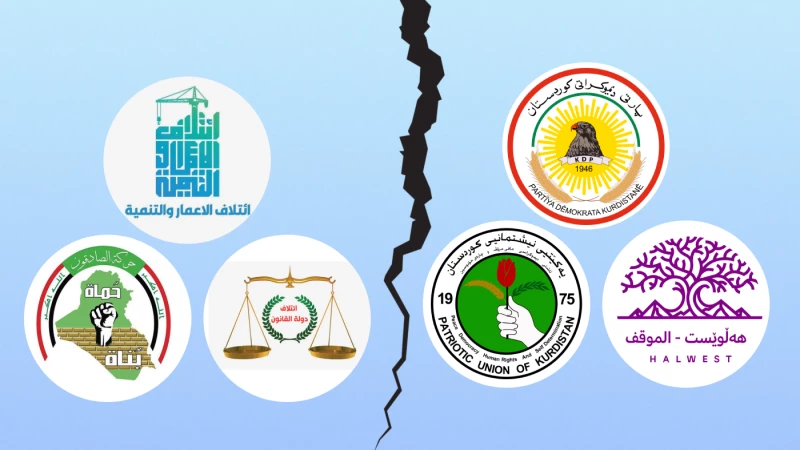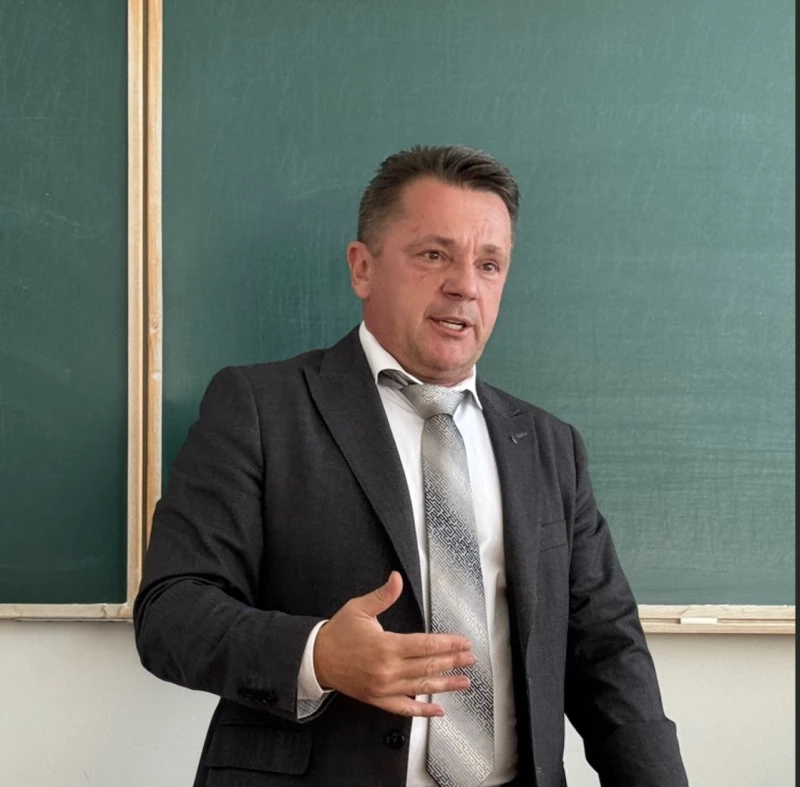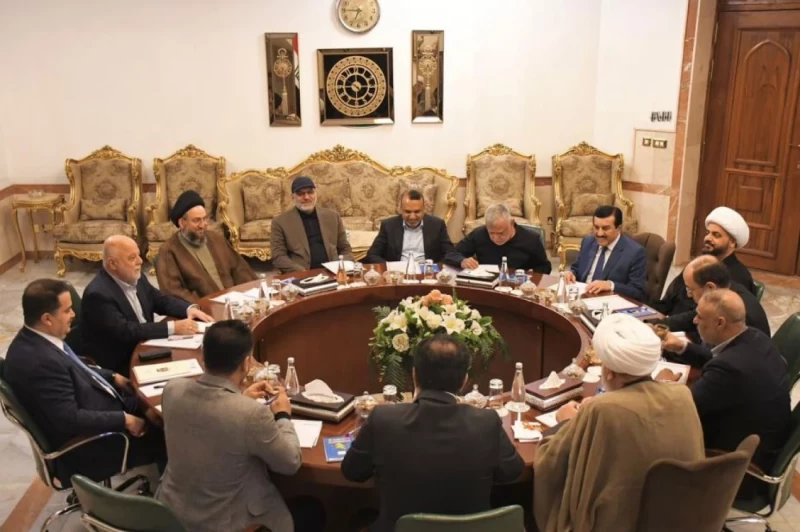The Iraqi Federal Supreme Court’s Nov. 14 decision to remove the country’s parliament speaker from his position in some ways took us back to 2010 and another historic decision by the court.
Then, the court had ruled that the largest bloc coming out of elections is the one formed following the elections and not the one getting the highest number of votes. That interpretation gave the State of Law coalition an opportunity to form the government even though it had not got the most votes. This in turn led to Nouri al-Maliki getting a second term as prime minister.
Parliament Speaker Mohammed al-Halbousi was accused of forging the resignation of parliament member Laith al-Dulaimi many months prior. On November14, his membership in the parliament was terminated ahead of the December 18 provincial council elections.
No run-of-the mill Sunni politician
But Halbousi, 42, is not an ordinary Sunni politician. His ascent within Iraq’s politician scene was remarkably rapid, from first entering parliament in 2014, to becoming governor of Anbar in 2017, and then to being elected parliament speaker in 2018.
It took him an unprecedented only four years from first entering the country’s legislative assembly to getting into the top position open to a Sunni politician as part of Iraq’s de facto but unofficial power-sharing system introduced after 2003, through which the prime minister is a Shia Arab, the president is from the Kurdish ethnic group, and the parliament speaker is a Sunni Arab.
This was followed by yet another precedent of his being elected to serve as second consecutive term as parliament speaker, which had not occurred before with any other parliament speaker in the post-2003 period.
Halbousi is considered a student of the longstanding Iraq Sunni political school formed in the post-2003 period. As its political base expanded over the years, what is known in Arabic as the ‘Sunni House’ comprised such leaders as Osama al-Nujaifi, Rafi al-Issawi, Jamal al-Karbouli, Khamis al-Khanjar, and Tariq al-Hashemi.
He began his political career with the al-Hal party under Karbouli, who helped the younger Sunni politician from the Anbar region rise to membership in the parliament.
Rebellion against ‘Sunni House’
Halbousi has long been described by his Sunni rivals and opponents as not “loyal” enough.
Within a few weeks of his becoming parliament speaker, he rebelled against those who had helped him rise to power including Jamal al-Karbouli and his brother Mohammed, as well as others such as Khanjar and Ahmed al-Jabouri, more widely known as Abu Mazen.
He then set out to build a large economic and political empire under a party he created and that put forward a new vision dividing two political generations: an aging one that should be isolated and kept away from the Sunni political scene, and another embodied by fast-paced young leadership with a wide network across the region as well as within the country.
This leadership, however, also made use of “authoritarian” tools at its disposal that had not been available to anyone else who had reached Halbousi’s position.
The young parliament speaker engaged in many political confrontations within the Sunni political community and came out victorious in most of them. Halbousi helped to isolate and reduce the role of Osama al-Nujaifi, who had been his predecessor for the previous four years, as well as that of Salim al-Jabouri. He halted the ambitions of former defense minister Khaled al-Obaidi and curbed the influence and range of action of Khamis al-Khanjar. He reportedly contributed to the arrest of Jamal al-Karbouli as a result of corruption charges, which in turn served as a warning to others.
He then contributed to excluding one of the most important and influential figures as concerns decision-making and political marketing within the Sunni House: Mishaan al-Jabouri.
An investigation was launched into whether Jabouri had forged his academic certificates and his membership in the parliament resulting from the October 2021 elections was terminated.
Then Halbousi targeted the governor of the Nineveh province and disbarred him from taking part in provincial council elections slated to be held on December 18. on the basis of the country’s de-Baathification laws, under which former Baath party members were banned from jobs in government and security.
Halbousi also took aim at MP Laith al-Dulaimi in early 2023 – and this was the case that came back to haunt him on November 14.
* The views, thoughts, and opinions expressed are of the author and do not represent those of The New Region.

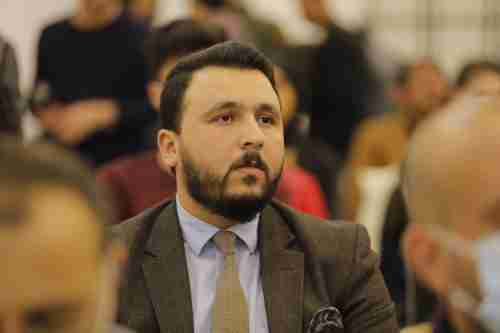
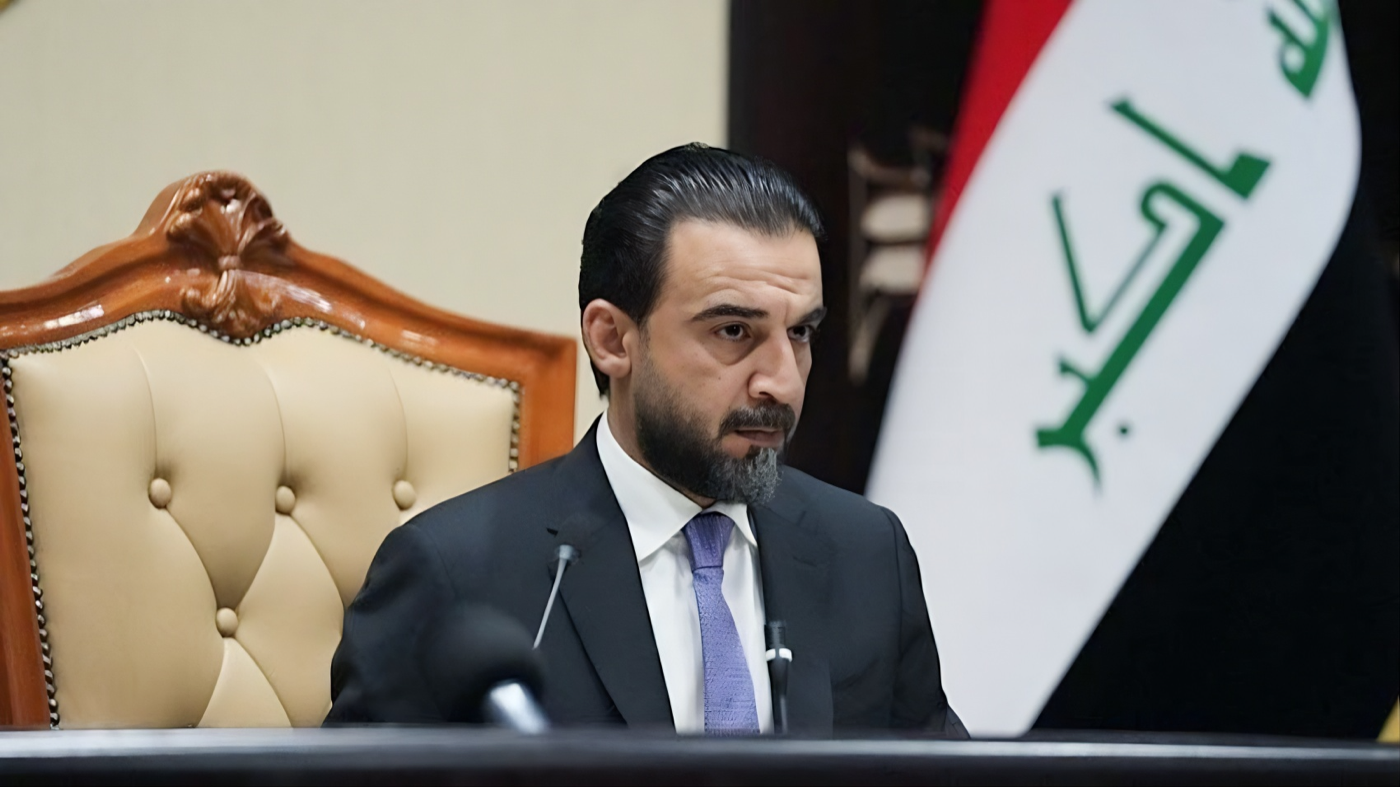
 Facebook
Facebook
 LinkedIn
LinkedIn
 Telegram
Telegram
 X
X
